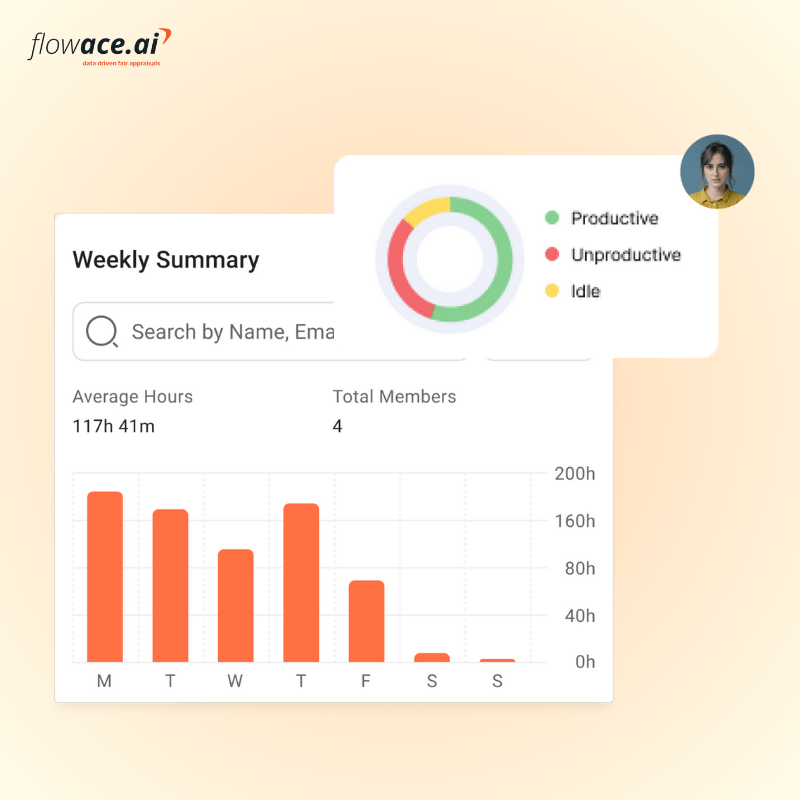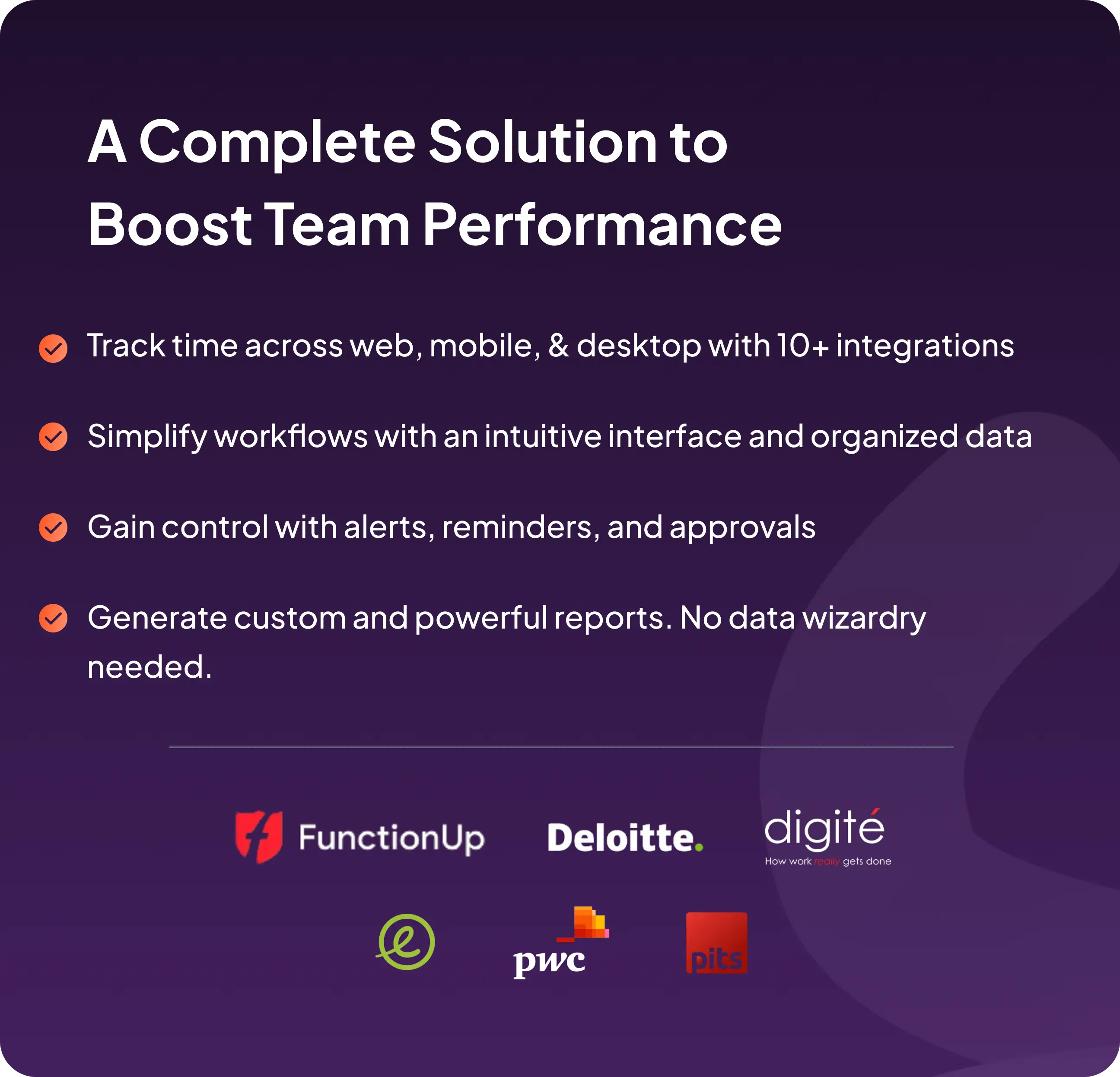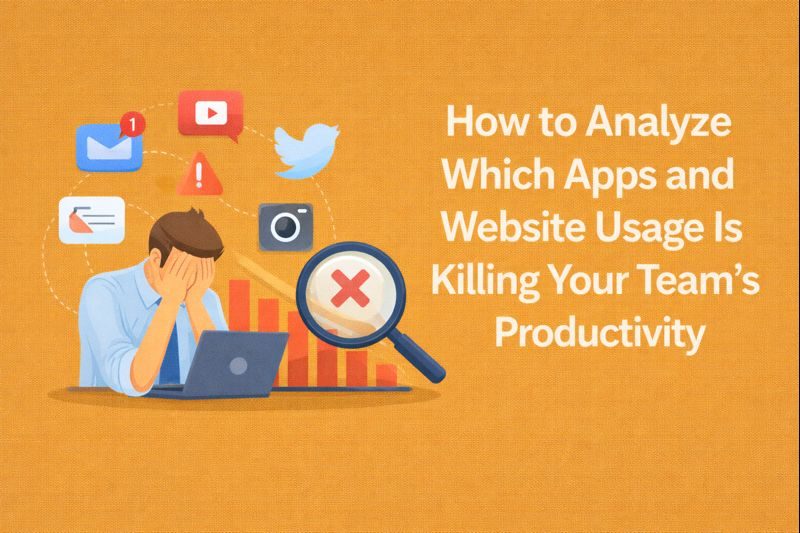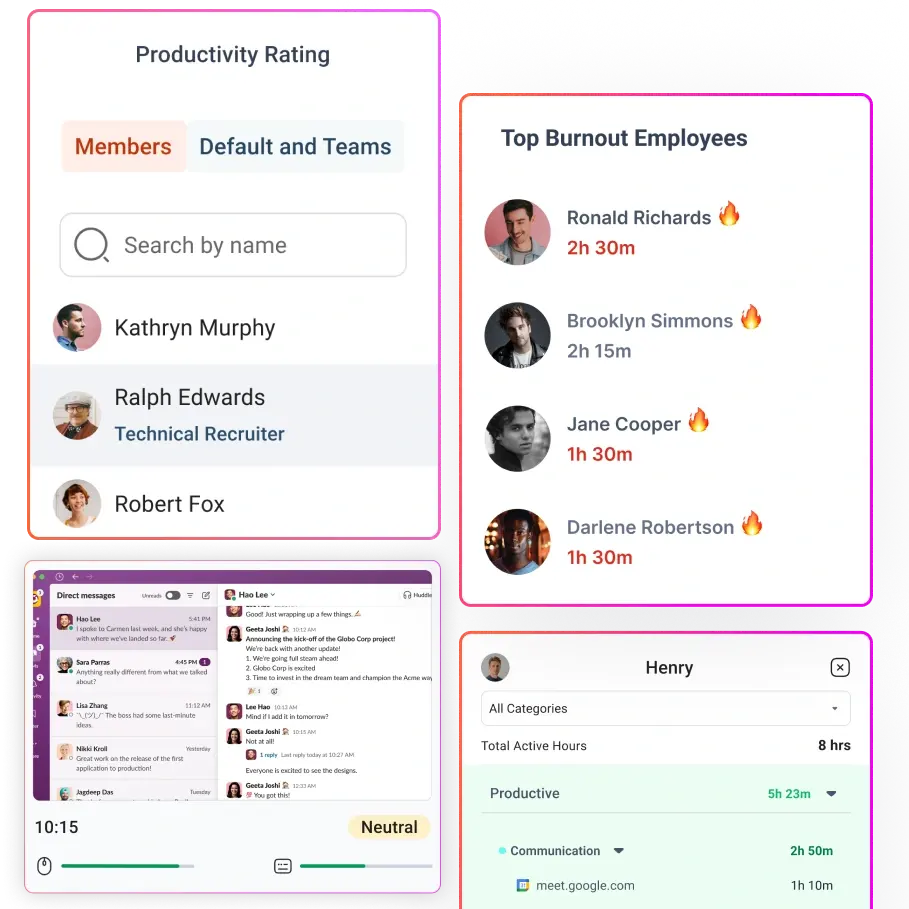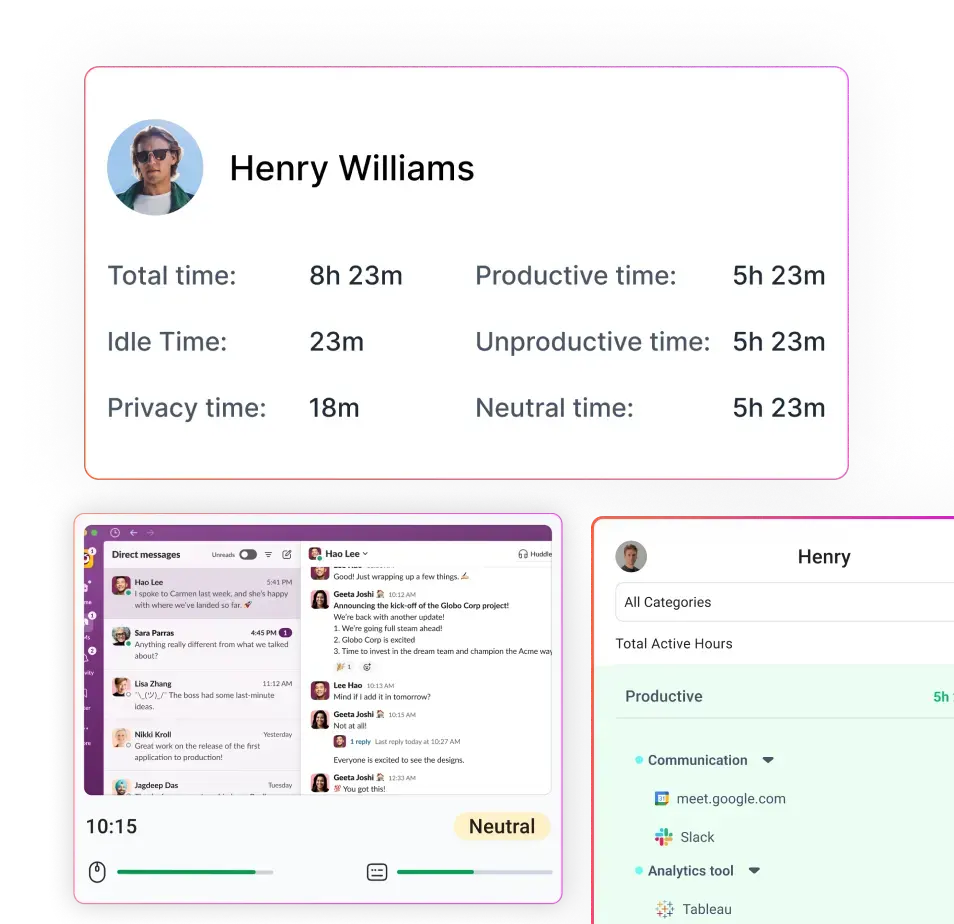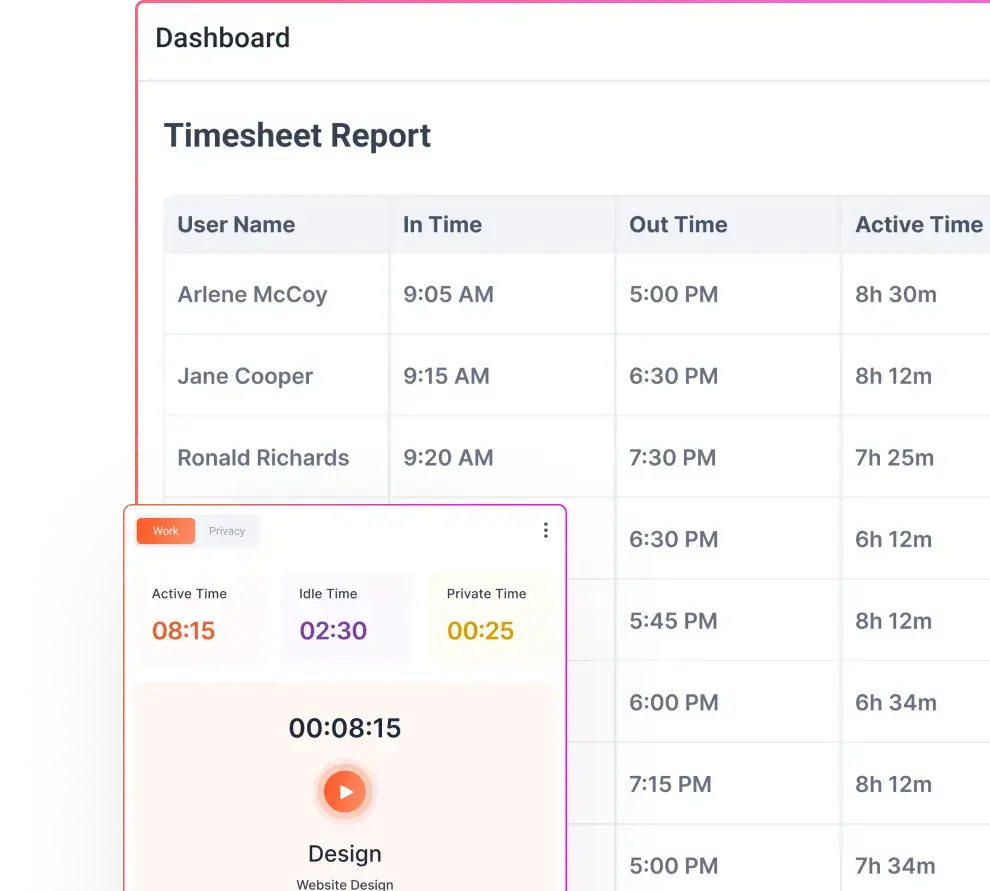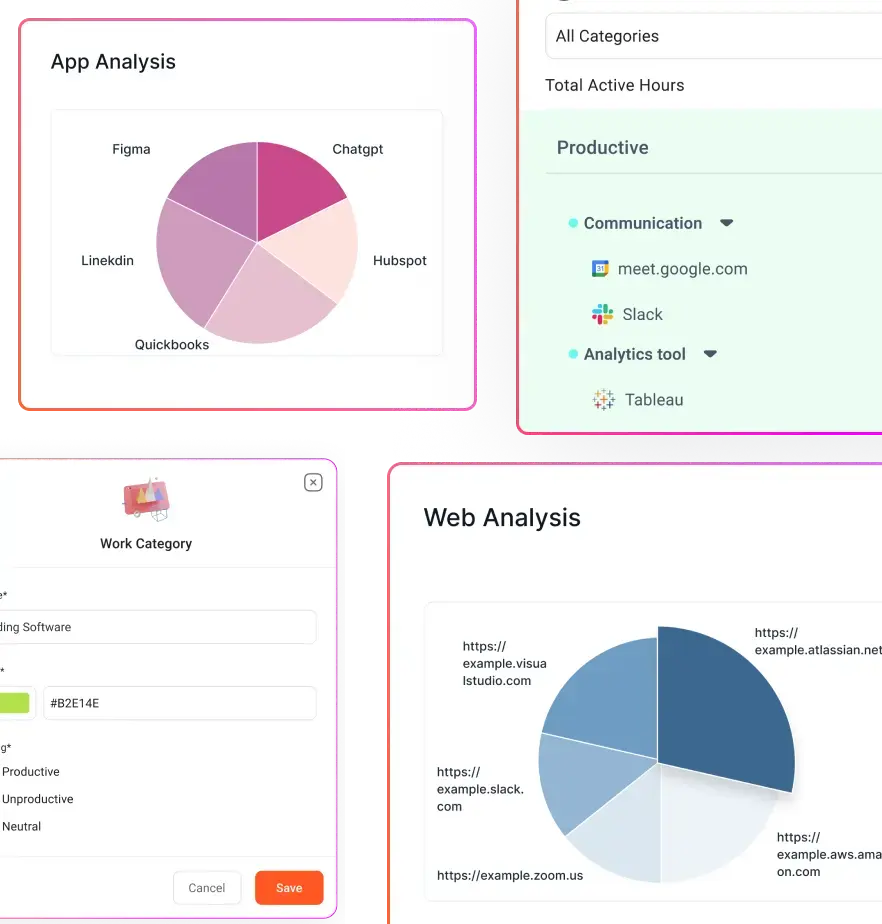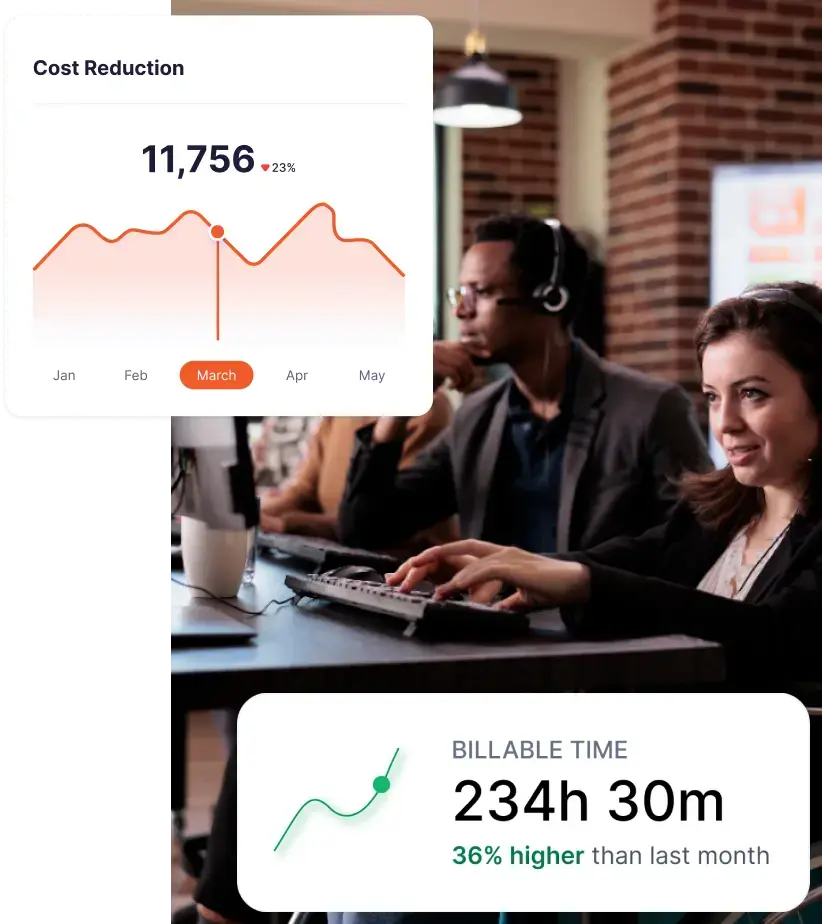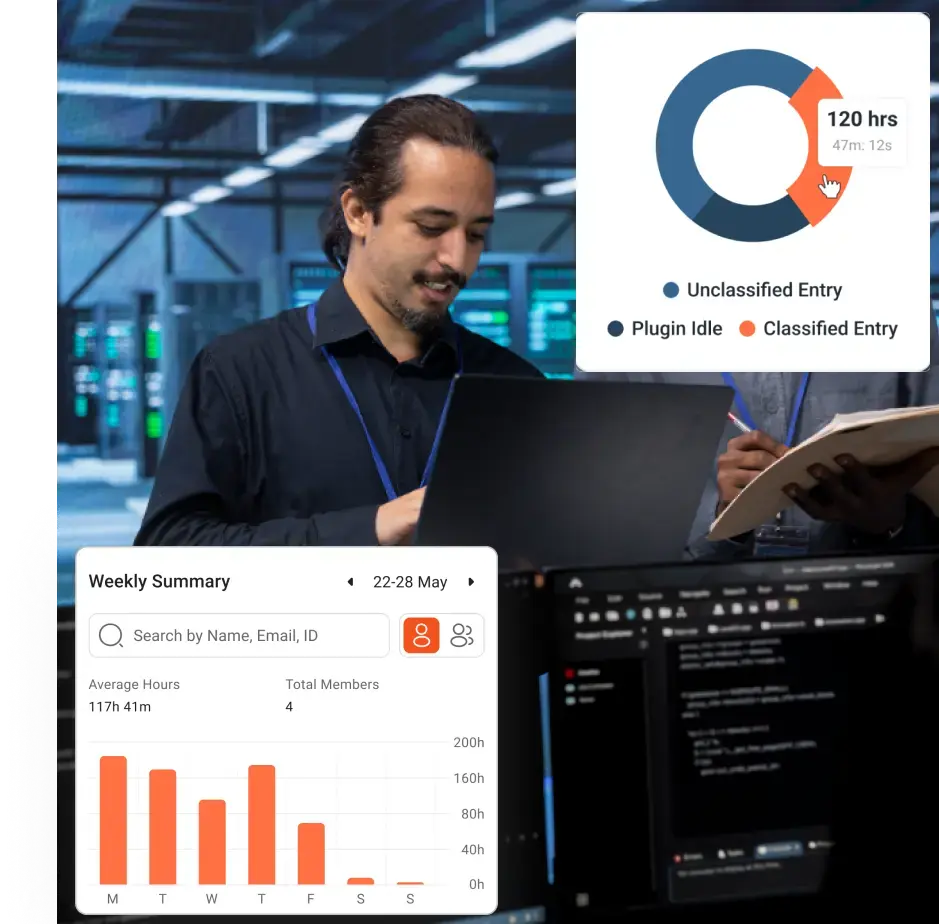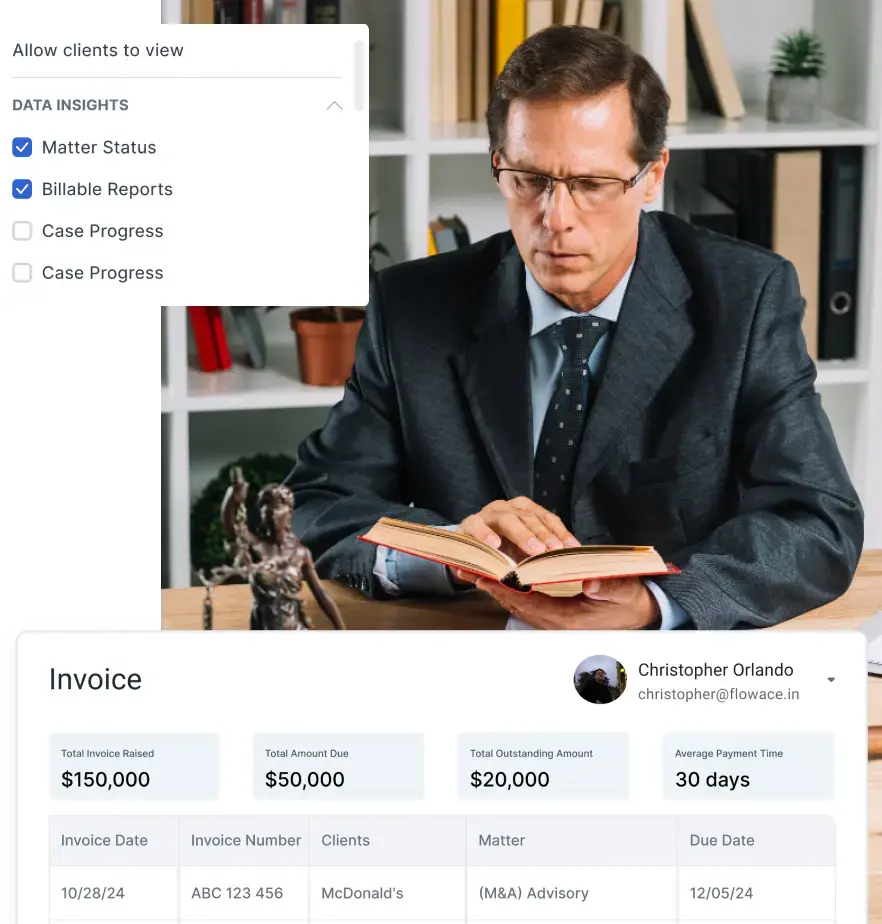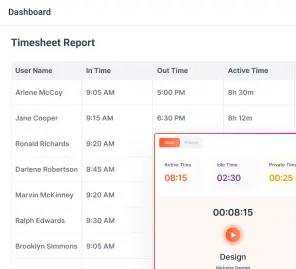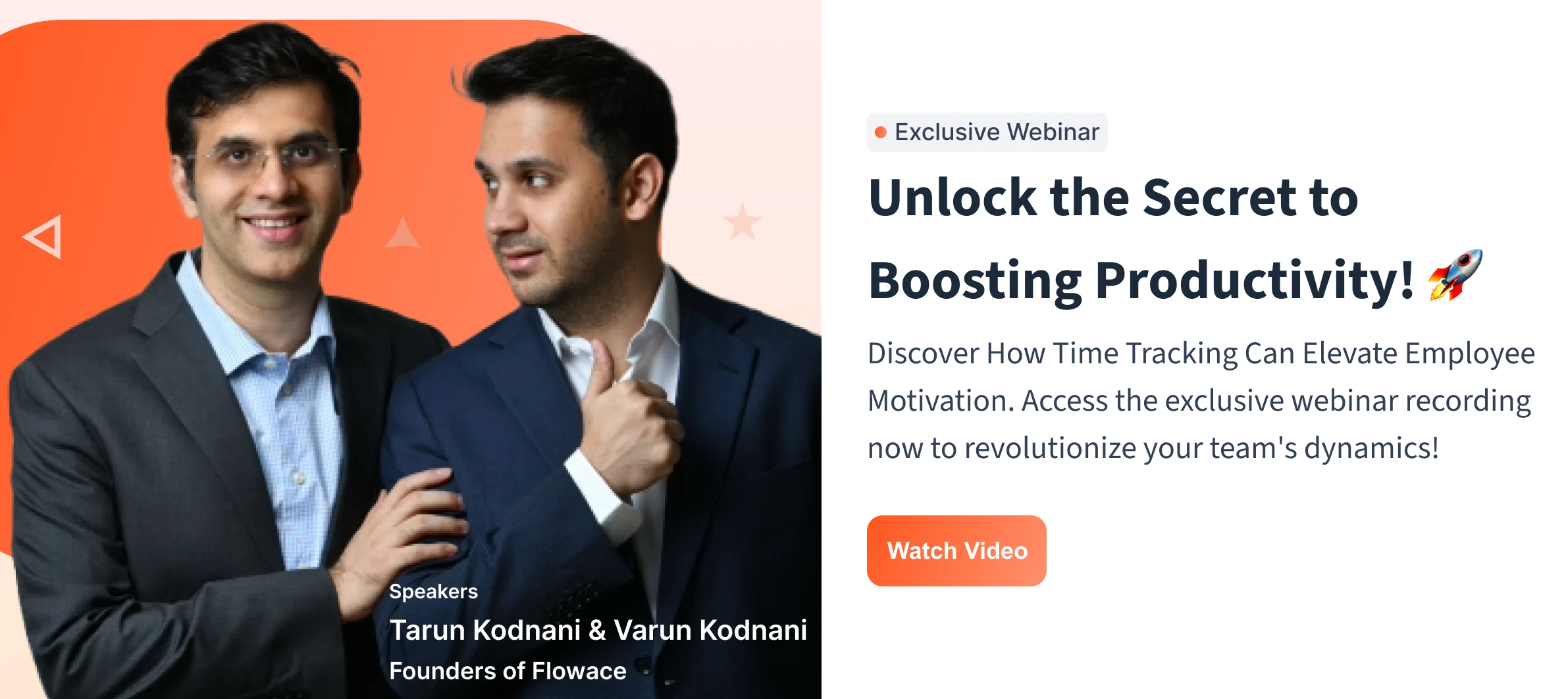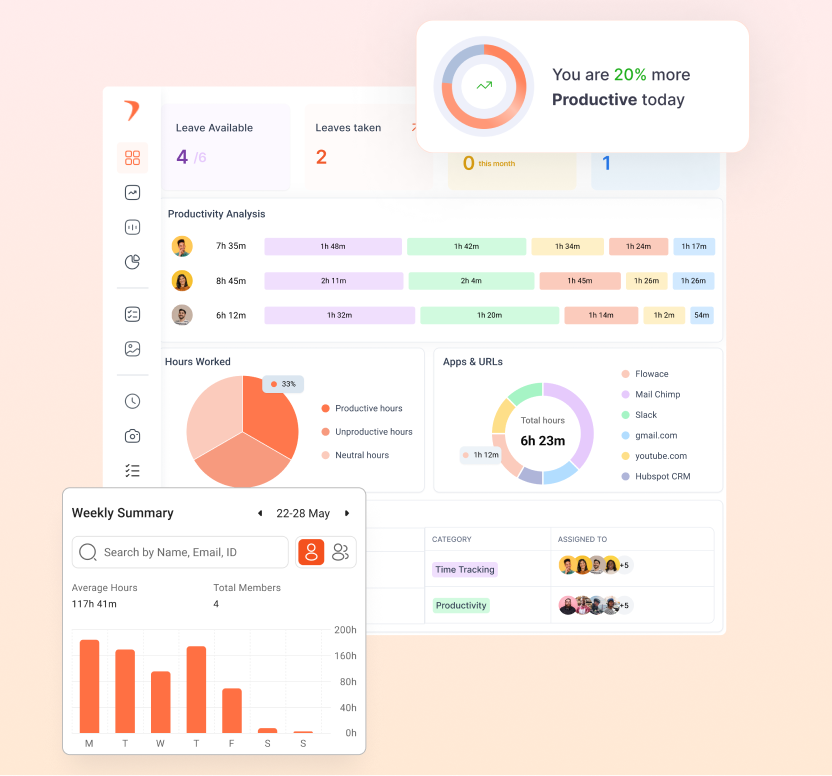Average Salary in Dubai per Month – The UAE is a global industrial hub that attracts talents, developers, and experts from around the world. Its focus is on industries using advanced technology and Fourth Industrial Revolution solutions and applications.
Among these, Dubai attracts more and more international tech-based businesses as the government continues to roll out initiatives to boost tech innovation and become the world’s most innovative city. Dubai offers relatively higher salaries than some Western countries, but it still falls behind developed nations like the U.S. or the UK.
Dubai is still attractive for businesses considering outsourcing, its expanding economy, and its competitive salary packages. But before deciding anything, read this blog to gain a comprehensive insight into its salary and business landscape.
Average Salary in Dubai
According to Salary Expert, the average salary in Dubai is 191,807 (AED) per year, which is 92.21 (AED) per hour.
In Dubai, the average salary can vary based on education, experience, location, and job title. The average salary range is approximately 4,810 AED to 99,000 AED per month.
The median salary in Dubai is 13,800 AED.
While Dubai’s average salary of approximately 15,800 AED monthly (or 190,000 AED yearly) is competitive in the region, it’s lower compared to countries like the USA and the UK.
Salary Comparison by Experience
The salary comparisons in Dubai are mostly based on work experience. These approximate figures vary based on industry, job role, and company.
- 2–5 years of experience: Employees with this experience range approximately 32% more than junior professionals.
- 5–10 years of experience – Professionals with 5–10 years of experience typically earn around 36% more than those with less than 5 years of experience.
- 10–15 years of experience – Individuals with 10–15 years of experience earn about 21% more than professionals with less than 10 years of experience.
Boost by 31% using the innovative solution by Flowace!
Get Started for FreeSalary Based on Qualification
The Labor Ministry of UAE approved minimum wages for certain categories of employees in 2013. However, these salaries do not apply to all employees in Dubai and aren’t the same as minimum wages.
- Employee-wise minimum base salary in Dubai are as follows:
- University graduates can earn up to AED 12,000 ($3,267) monthly.
- Skilled technician’s wages can vary from AED 7,000 ($1,905) per month.
- Skilled laborers are paid around AED 5,000 ($1,361) per month for those with a secondary school.
High paying Jobs in Dubai
| Profession | Salary |
| Accountant salary in dubai | 45,315 AED |
| Doctor salary in dubai | 12,000 AED |
| Software developer salary in dubai | 6,500 per month |
| Software engineer salary in dubai | AED 11,000/ per month |
| CA salary in Dubai | 115,827 AED |
| Digital Marketer Salary in Dubai | 14000 AED |
| CEO salary in Dubai | 415,745 AED |
| HR Manager Salary in Dubai | 144,700 AED |
| Legal assistant salary in Dubai | 5,500 AED |
Source: Payscale, Glassdoor.
Salary Comparison by City
| City | Average Salary |
| Dubai | 15,983 AED |
| Sharjah | 15,000 AED |
| Abu Dhabi | 15,300 AED |
| Al Ain | 14,500 AED |
| Ajman | 14, 100 AED |
Top Recruitment Industries and Trends in Dubai
Some industries are the lifeblood of the city’s economy, helping shape and drive innovation. That has also been significantly contributing to the growing business economy in Dubai.

Here are the top industries that are currently on the rise in Dubai:
Automotive and Transportation: As electric vehicles and autonomous driving technology emerge, major transportation arteries, such as trains, planes, and logistics, are experiencing a paradigm shift.
Real Estate: Global investors and developers flock to the real estate sector of Dubai. This is because of its growing skyscrapers and luxury residences.
IT Hub- Dubai nurtures technological advancement, offering lucrative opportunities in software development, cybersecurity, and digital transformation, making it an ideal environment for IT companies.
Construction and Infrastructure: The UAE is investing heavily in infrastructure to establish Dubai as the premier hub in the Middle East and an attractive destination for businesses in the construction industry.
Hospitality and Tourism: The hospitality industry is thriving in Dubai. Whether it’s the Burj Al Arab, the Palm Jumeirah, or the Atlantis, Dubai’s hotels redefine luxury and comfort. They are also the foundation of the city’s unmatched attractiveness as a travel destination.
Healthcare and Wellness: Dubai’s healthcare industry provides advanced medical services to all. Trends like circadian health and supply chain disruptions are emerging as game changers. Dubai’s reputation for advanced and innovative healthcare continues, with a focus on technologies like Telemedicine, AI, 3D Printing, and Wearables. The emphasis on digital transformation is evident, with significant investments in digital health infrastructure.
Financial Services and Banking: Dubai is a major financial center that hosts banks, investment firms, and financial institutions. As a dominant region in the UAE’s Fintech market, Dubai benefits from the pivotal role of the Dubai International Financial Centre (DIFC) in attracting fintech companies.
Retail and Luxury Goods: The United Arab Emirates (UAE) luxury goods market is estimated to be USD 4.19 billion in 2024, projected to reach USD 5.39 billion by 2029 at a CAGR of 5.20%1. Dubai’s malls and shopping centers offer opulent retail experiences, attracting discerning shoppers worldwide with its renowned offerings in high-end fashion and lifestyle products.
Media and Entertainment: Dubai’s dynamic media industry encompasses film production, advertising, and hosting international events, concerts, and cultural festivals.
Tech, AI, and Blockchain – Dubai positions itself as a leading tech-driven city, focusing on innovations in artificial intelligence, blockchain, and smart city initiatives to propel growth in this sector. Besides, The establishment of the Dubai AI and Web3 Campus by the Dubai International Financial Centre (DIFC) is attracting global investors and innovators. The city has established itself as the world capital of blockchain development.
Oil – Once dominant, the oil industry now constitutes less than 1% of Dubai’s economy. Yet, its oil, gas, and energy sectors are witnessing significant developments since 2023. Digitalization trends are reshaping the industry, with conferences like MEDO 2023 emphasizing the latest innovations.
Boost by 31% using the innovative solution by Flowace!
Get Started for FreeBenefits and Incentives In Dubai
- Retirement
- Maternity
- Wage Requirements
- Medical Care
- Unemployment
- Work-Injury and Disability
- Living Expenses In Dubai
Dubai employers must provide certain mandatory employee benefits to comply with local labor laws and ensure a fair working environment. There are even specialist Dubai hiring partners, known as Employers of Record, that can ensure you are in full compliance.
Let’s explore these essential benefits:
Retirement
The retirement age in Dubai is 60 years, and foreign employees must stop working by age 65. The General Pension and Social Security Authority (GPSSA) provides pension-related services to citizens employed in federal government entities and the private sector across the United Arab Emirates (UAE).
Maternity
Maternity leave is a mandatory benefit for female employees. The UAE Labor Law grants female employees 45 days of paid maternity leave after childbirth. Employers must also provide a suitable environment for breastfeeding.
Wage Requirements
Employers must adhere to wage requirements, including timely payment of salaries and allowances. Ensuring fair wages and benefits is crucial for maintaining a motivated and productive workforce.
Medical Care
Employers must provide medical care benefits. Health insurance covers medical expenses like doctor visits, hospitalizations, etc. Dubai-based employers often include health insurance as part of the negotiated salary packages for new employees.
Unemployment
As of 2022, both Emirati and resident employees must pay a minimal monthly fee, which goes towards their unemployment insurance. Unemployment benefits provide financial support to employees who lose their jobs involuntarily.
Work-Injury and Disability
Employers must compensate and support employees who suffer work-related injuries or disabilities. Such benefits ensure that employees receive appropriate medical care and financial assistance in the event of workplace accidents.
Living Expenses In Dubai
- Housing
- Groceries and Food
- Hospital Treatment Costs
- Transportation
- Utilities and other Expenses
The cost of living in Dubai can vary based on individual preferences, lifestyle, and family size. Here’s an overview of expenses in Dubai:
Housing
Rent for a family of four is estimated to be around 14,277.4 AED per month, while a single person’s rent is approximately 4,092.8 AED per month. On average, Dubai’s rental costs are lower than in New York.
Groceries and Food
Dining out at an inexpensive restaurant costs around 40 AED per meal, while a mid-range three-course meal for two people is approximately 300 AED. Prices for groceries vary, but overall, Dubai’s food costs are reasonable.
Hospital Treatment Costs
The average cost of hospital treatment in Dubai ranges from AED 4,000 to AED 60,000. Health insurance is mandatory for all residents in Dubai.
Transportation
A one-way local transport ticket costs 6.50 AED, a monthly pass of around 300 AED. Taxis start at 12 AED, and a 1-mile taxi ride costs about 4.83 AED. Gasoline prices are approximately 11.58 AED per gallon.
Utilities and other Expenses
Generally, utility costs depend on usage, but they are reasonable. Healthcare, schooling, entertainment, and housekeeping are secondary expenses that contribute to Dubai’s overall cost of living. Dubai offers a vibrant lifestyle, and while some aspects may be expensive, there are also affordable options for residents.
Flowace encourages accountability by providing transparent information about how employees use their time. When everyone’s work hours are visible, it develops a sense of accountability and trust within the organisation. Employees are more inclined to take control of their time, resulting in higher overall productivity.
A variety of industries, including IT, marketing, consulting, and healthcare, can use Flowace. The tool’s time-tracking and productivity-boosting features assist many industries, allowing firms of all sizes to optimise their operations.
Summing It Up
Dubai is one of the safest countries in the world.
According to an HSBC survey, Dubai is the second-best city in the world to start a business after Singapore. Dubai’s entrepreneurial environment, good job prospects, and higher salaries are the primary factors that attract expats worldwide.
But every city has its pros and cons. So, it is better to analyze everything before moving, investing, or even starting a business in Dubai.



